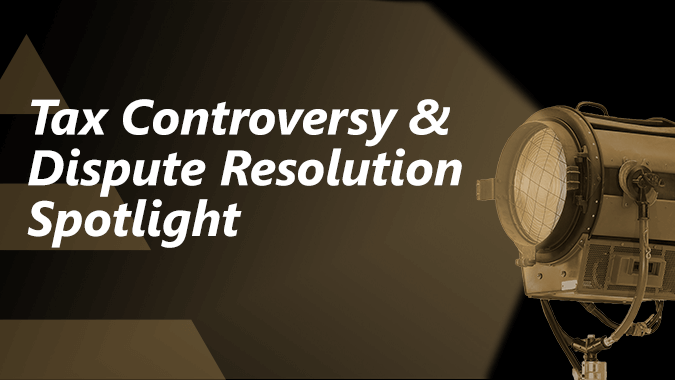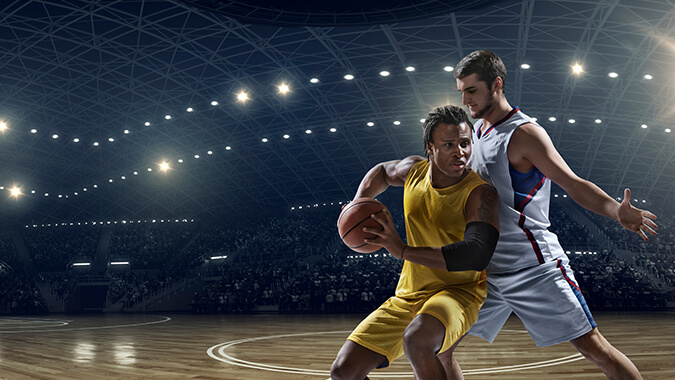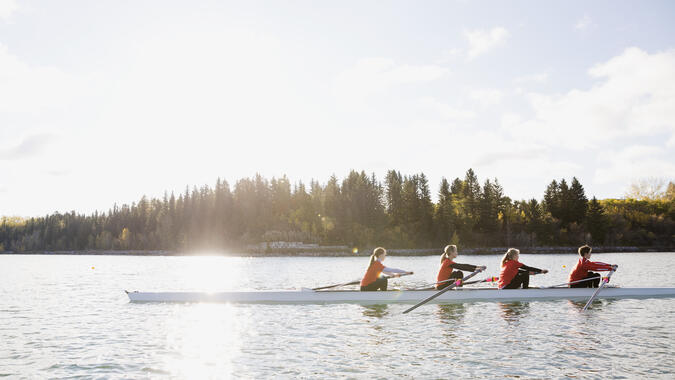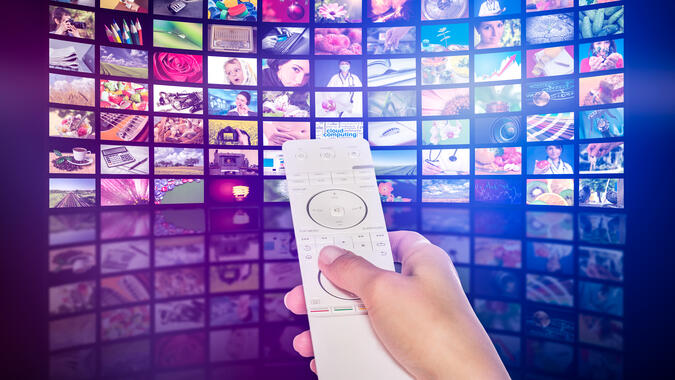
NHL Takes an Innovative Approach to the 2021 Season
- Published
- Feb 2, 2021
- Share
Through unprecedented times, the National Hockey League (NHL) successfully completed its 2019-20 season, a feat that many thought would be virtually impossible. The league was forced to pause its season in mid-March due to the outbreak of the coronavirus. NHL commissioner Gary Bettman and the NHL Players Association worked around the clock to find a way to get the teams back onto the ice for the postseason and compete for the Stanley Cup trophy.
Much like the NBA, the NHL was able to safely resume the season, with two bubbles in Toronto and Edmonton. Players and teams faced a plethora of challenges and hardships, but prevailed with 130 games in 59 days and over 33,000 COVID-19 tests with zero positives. In the end, the Tampa Bay Lightning proved to be Stanley Cup champions for the first time in over a decade.
Just three short months after finishing the 2020 season, the 2021 NHL season is sure to be unlike any other in the league’s history. All 31 teams have been split into four divisions and will play a shortened 56-game season with limited or no fan attendance. Aside from practice and game days, the players and coaches will have limited in-person interaction, relying on text messages, phone calls and video conferences to communicate. Coaches and staff are required to wear face masks on the bench. Teams have also implemented strict safety and travel protocols. On road trips, teams must practice at approved arenas or practice facilities; players are not allowed to leave the hotel, where all of their meals will be served. Taxi squads of four to six players will also be implemented in an effort to minimize the possibility of any roster shortages due to the coronavirus. Per the NHL’s directives, “Violations of any of the leagues protocols will result in club and individual sanctions, including potential forfeiture of games, fines and reimbursement of expenses, loss of draft choices, and/or ineligibility for participation in training activities.”
The NHL had no choice but to make unique sponsorship decisions to help recoup a portion of the lost revenue from the empty arenas. For the first time in the league’s history, the NHL sold division naming rights to four corporate sponsors – Discover, Honda, MassMutual and Scotiabank. Additionally, the NHL allowed teams to sign their own deals to display advertiser’s logos on their helmets. Several teams have different sponsors for home and away games as well as practices. Fans watching at home will still see plenty of advertisements covering arena seats, benches, glass and boards. All of these efforts won’t make up for all the lost revenue for the season, but Commissioner Bettman made it clear that the league’s priority was to give the fans what they wanted: a hockey season to watch on TV!
The NHL learned from other leagues, such as the NFL and MLB, that with careful monitoring and strict COVID-19 protocols, a successful season outside of a bubble is possible. With the first few weeks already underway, the teams and players are adapting to the new normal of this year’s hockey season. We are excited to watch this unpredictable season as it continues to unfold.
Contact EisnerAmper
If you have any questions, we'd like to hear from you.










